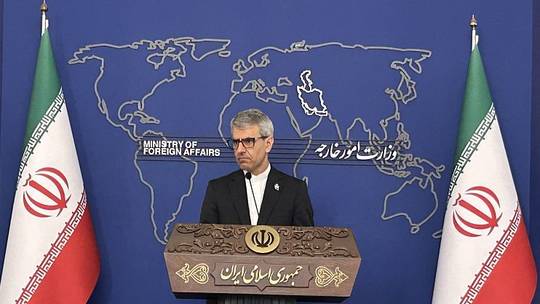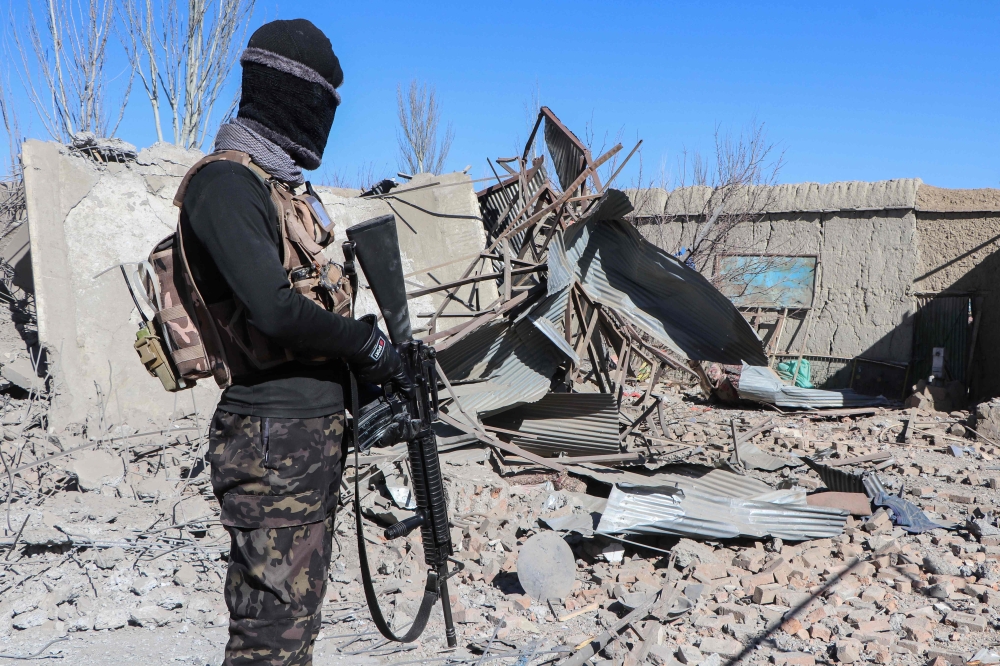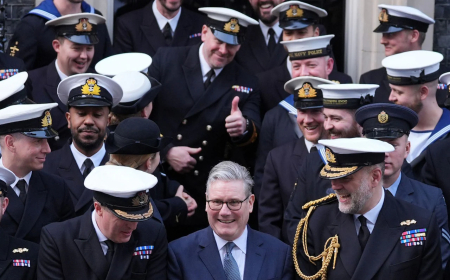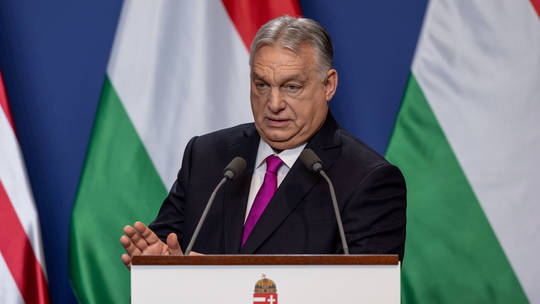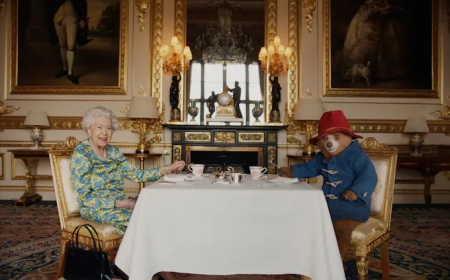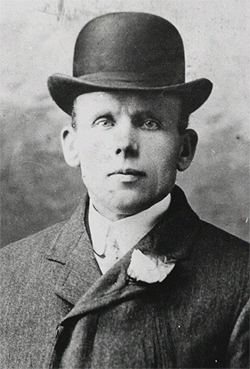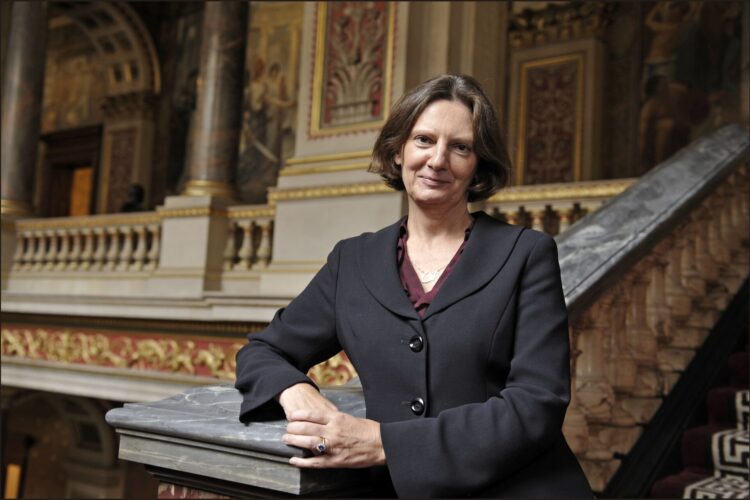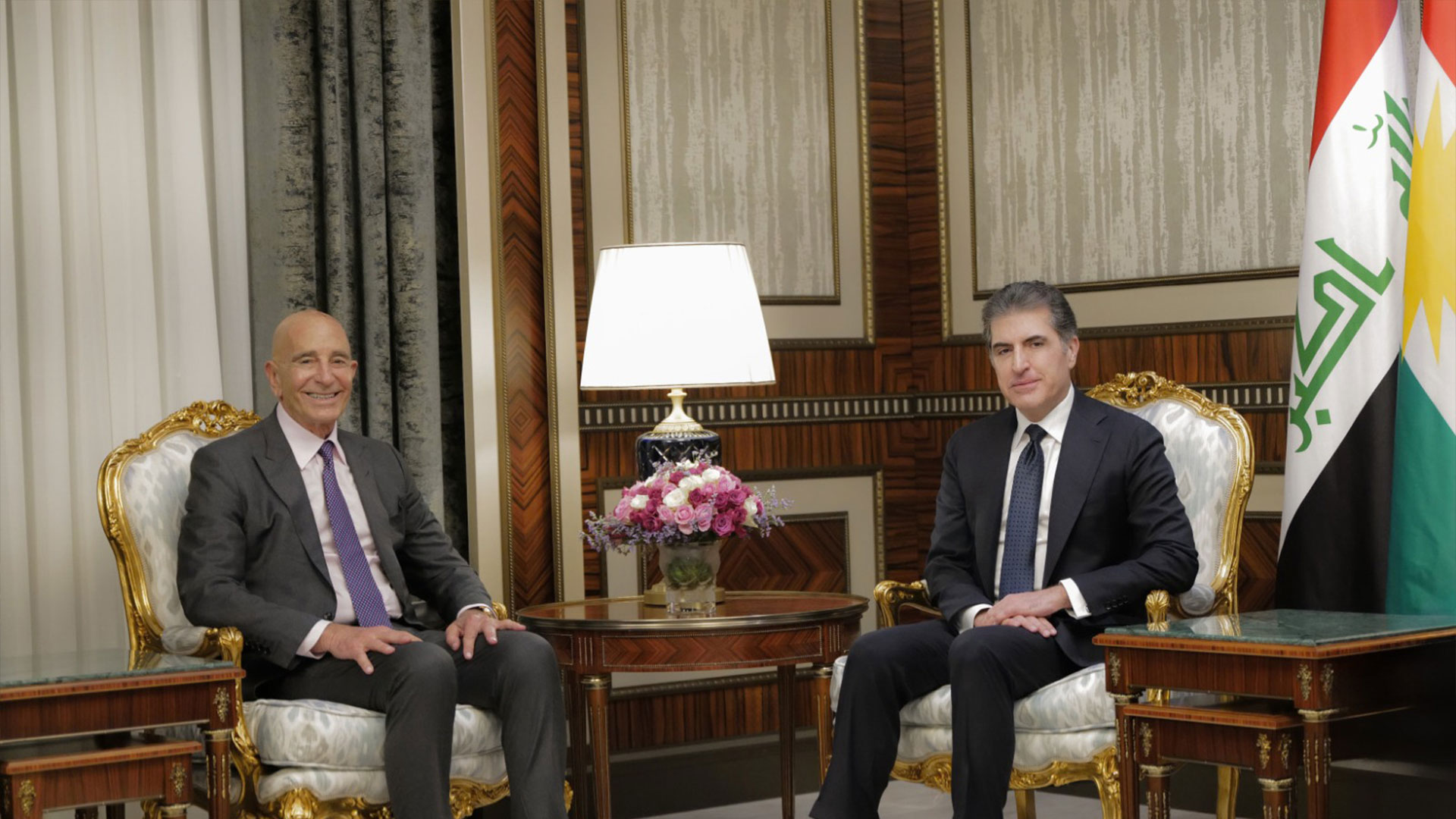Lt-Gen Sir Robin Ross, dynamic Royal Marine who led the British humanitarian effort after the first Gulf War
In 38 days more humanitarian relief was provided to the Kurds facing reprisals from Saddam Hussein than in the whole of the Berlin airlift

Lieutenant General Sir “Robin” Ross, who has died aged 85, was a dynamic and unconventional leader whose career spanned nearly four decades and culminated in his appointment as Commandant General Royal Marines; he led Operation Haven in Northern Iraq in 1991, and later was instrumental in ensuring the future of Britain’s amphibious warfare capability.
Ross was appointed the British commander of Operation Haven when, after the First Gulf War, some 6,000 Allied troops were tasked with safeguarding the people of Northern Iraq after Saddam Hussein had crushed their rebellion in March 1991.
The bulk of the force was provided by 3 Commando Brigade, incorporating 40 and 45 Royal Marines Commandos and 400 Dutch Marines, on a large-scale humanitarian mission aimed at protecting and resettling Kurdish refugees fleeing persecution. One participant described it as the most rewarding experience of his career, and the Royal Marines’ efforts were credited with saving thousands of lives when British and Dutch units, operating in small teams and working directly with local Kurdish leaders and Peshmerga forces, assessed refugee camps for urgent needs and organised humanitarian aid.
The Daily Telegraph reported that in 38 days more humanitarian relief was provided to the Kurds facing reprisals from Saddam Hussein than in the whole of the Berlin airlift. The operation not only offered immediate relief but also became a defining moment in Kurdish history.
Ross’ diplomatic skill and leadership, tested amid a complex international and humanitarian crisis, earned him great respect, and he was decorated with the Legion of Merit from the United States and the Medal of Merit in Gold from the Queen of the Netherlands.

Robert (Robin) Jeremy Ross was born on November 28 1939, to Lt-Col Gerald Ross, Royal Marines, and his wife Margaret. An ancestor, Major General Robert Ross, with an army of 4,500 men including 1,000 Royal Marines from the fleet, captured Washington during the War of 1812 and set fire to the White House.
Robin was educated at Wellington College and Corpus Christi College, Cambridge, where his early taste for adventure was whetted, pre-National Service, in the Royal Marines Forces Volunteer Reserve before being commissioned into the Royal Marines in 1957.
Ross’s progress through the Corps was meteoric. During his commando and sea service (1959-69), he served in every postwar commando unit and developed a reputation for animated leadership and idiosyncratic methods. As a young officer commanding Royal Marines (OCRM), he led his detachment to join their ship, the frigate Mohawk, in Newcastle in November 1963 by marching them in full fighting order across country from Portsmouth, a feat that became the talk of the ship’s company and the making of his legend.
He was, by instinct, a trainer and mentor, whether instructing junior marines and young officers, or instilling a sense of esprit de corps among subordinates. Specialising early as a unit intelligence officer and qualifying as a combat survival instructor with the SAS, Ross’s operational acumen was forged in the Far East as adjutant of 40 Commando, and then as brigade major, for which he was appointed OBE in 1971.
In the years that followed, Ross alternated between command and instruction. A student at the Army Staff College at Camberley in 1970, he returned as directing staff in 1978-79, before eventually commanding 40 Commando RM (1979-81) and 3 Commando Brigade (1986-88), a succession of appointments that reflected both his professional standing and his restless energy. In between, in 1982, at an age when many might have chosen to rest on their laurels, Ross returned as a student to Cambridge to read for an MPhil in international relations, and then to the Royal College of Defence Studies.
Thereafter, he rose inexorably through the senior ranks. Ross’s time as brigade commander of an Arctic warfare formation was particularly notable. Where men half his age found the winter training in Norway a severe physical ordeal, Ross insisted, at the comparatively advanced age of 46, upon carrying out the whole basic course with a team of novices from all elements of his brigade, to become an enthusiastic and increasingly accomplished cross-country skier. He expected visitors to brigade headquarters to join in the races which he relished, which – perhaps unsurprisingly – marked a decline in staff officer visits.
He was lively, clever, quick, very sociable and much admired, with a mercurial temperament. His favourite weapon when under pressure was the office telephone, heedless of the fact that it was plugged to the wall. Stories abounded of telephones hurled through windows and aides de camp being dispatched to remote postings. Beneath the flamboyance, however, lay an unwavering professionalism and deep loyalty to his men, and he attracted a “brat pack” of young officers who were utterly loyal to him in return.
At the strategic and political level, when debate broke out about the need for specialist amphibious shipping and the very future of a British amphibious warfare capability, despite the lessons of the Falklands War, Ross’s cogent arguments, his vigorous advocacy, and persuasive demonstrations to sceptical senior officers were crucial in preserving the Corps’ capabilities at a critical period in its history.
He was Major General Training Reserve and Special Forces (1988-90), Major General Commando Forces (1990-93), and Commandant General Royal Marines (1993-96), the last to serve in the rank of Lieutenant-General.
He was appointed KCB in 1994.
Ross was chairman of SSAFA Forces Help from 2000-10, and a liveryman of the Plaisterers’ Company. His recreations included fishing, which provided a balm to an otherwise energetic existence.
He married Sara Curtis in 1965; she predeceased him in 2023 and he is survived by a son and a daughter. [Source: Daily Telegraph]
Lt-Gen Sir Robin Ross, born November 28 1939, died July 29 2025
[Source: Daily Telegraph]
